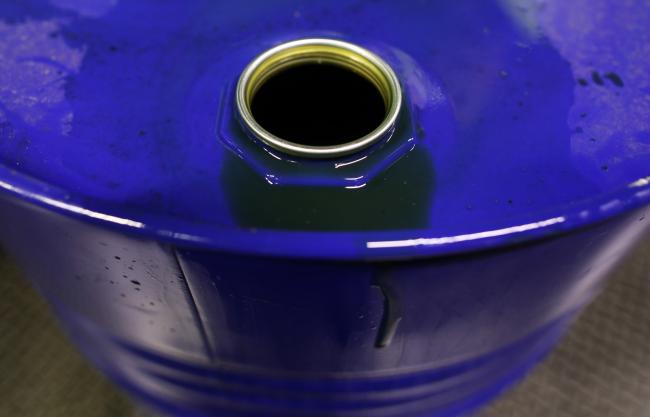(Bloomberg) -- Wall Street’s biggest banks have changed sides and are embracing a surge in oil prices.
Goldman Sachs Group Inc (NYSE:GS)., Morgan Stanley (NYSE:MS) and JPMorgan Chase & Co (NYSE:JPM). have all issued a flurry of bullish forecasts in the past fortnight. They’ve abandoned their skepticism and are accepting that OPEC’s output cuts are finally succeeding in clearing a global glut.
This faith is a recent phenomenon. At almost every stage of OPEC’s quest to end the industry’s worst downturn in decades, there were a few prominent analysts ready to cast doubt on the effort.
Now, the “New Oil Order” that Goldman declared in 2014 -- effectively saying the Organization of Petroleum Exporting Countries was obsolete -- is officially “on hiatus.”
Here are some of the ways the biggest banks have been proven wrong:
OPEC Won’t Reach a Deal
Goldman and others had predicted in 2014 that any effort by OPEC to curb supply would hardly amount to much -- the U.S. shale industry can raise production at such pace and volumes that it would fill the gap.
OPEC shared this view, but then surprised the market in September 2016 by announcing their intention to cut supply.
Skepticism persisted. Most analysts surveyed by Bloomberg in November that year expected member countries to fail to reach an agreement. BP (LON:BP) Plc said the mood in the market was “pessimistic.”
Yet on Nov. 30, the pact was finalized. The bigger surprise came 11 days later as a number of countries outside the group joined the deal, including former rival Russia. It had once been thought unfeasible this could ever happen.
OPEC Will Fail to Deliver
OPEC has a track record of backsliding on supply promises as the temptation to boost revenues leads members to cheat.
The latest initiative would go the same way, banks said. Morgan Stanley saw only a “small chance” the targets would be implemented, expecting the agreement to unravel in six months. JPMorgan predicted it would “collapse” by the end of 2017 and Commerzbank AG (DE:CBKG) said OPEC would “over-promise and under-deliver.”
Yet the group implemented 95 percent of the cuts it promised last year, and its allies delivered 82 percent. OPEC’s compliance improved through the year and reached 129 percent in December. Admittedly, unplanned losses in Venezuela and elsewhere helped, but the compliance rate is unheard of in OPEC’s history.
Cuts Won’t Clear the Glut
Analysts earlier warned of a new surplus in 2018, and the need for OPEC to persevere with its alliance. They are now rethinking their pessimism.
Citigroup (NYSE:C) and Goldman have changed tack to say the inventory excess has disappeared. Others, including UBS Group AG and Societe Generale (PA:SOGN) SA, said last month that OPEC and Russia should wind down the strategy earlier than scheduled, phasing out the cuts from the middle of the year.
Shale Will Keep a Lid on Prices
It wasn’t just the banks which saw U.S. shale as a mortal threat to OPEC’s plans.
Even the International Energy Agency, which remains neutral on market policy, cautioned that the cuts would only backfire as $60 oil triggers a flood of American supply.
Sure enough, the boost to prices from OPEC’s strategy has invigorated U.S. output, which surged to a 47-year high of 10 million barrels a day in November.
Nonetheless, forecasters are predicting prices will return to levels considered unthinkable during the downturn, despite the U.S. supply.
Goldman boosted its six-month price target by a third on Thursday, to $82.50 a barrel. JPMorgan’s estimate of $70 a barrel for average Brent prices in 2018 is almost 50 percent higher than in early October.
